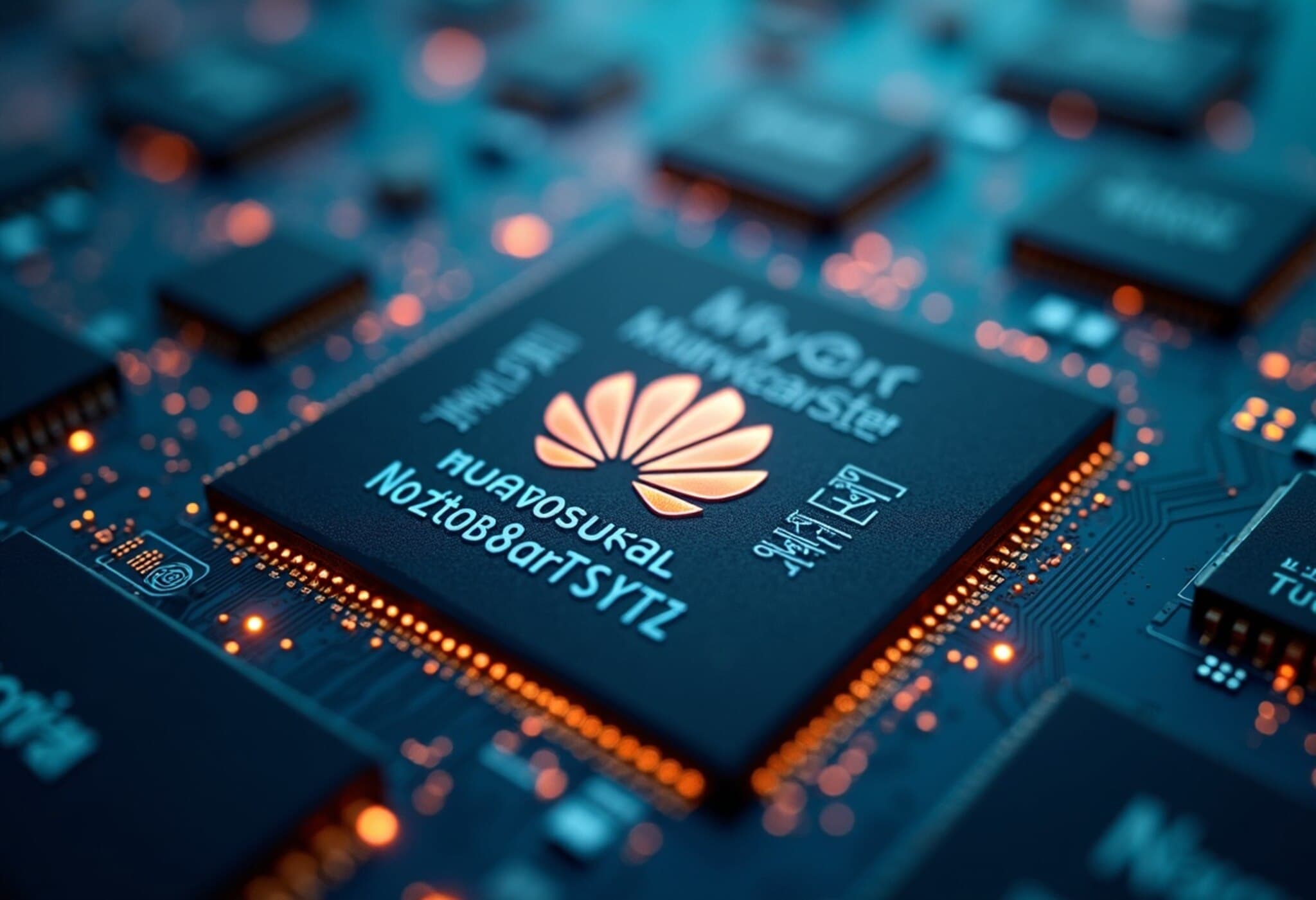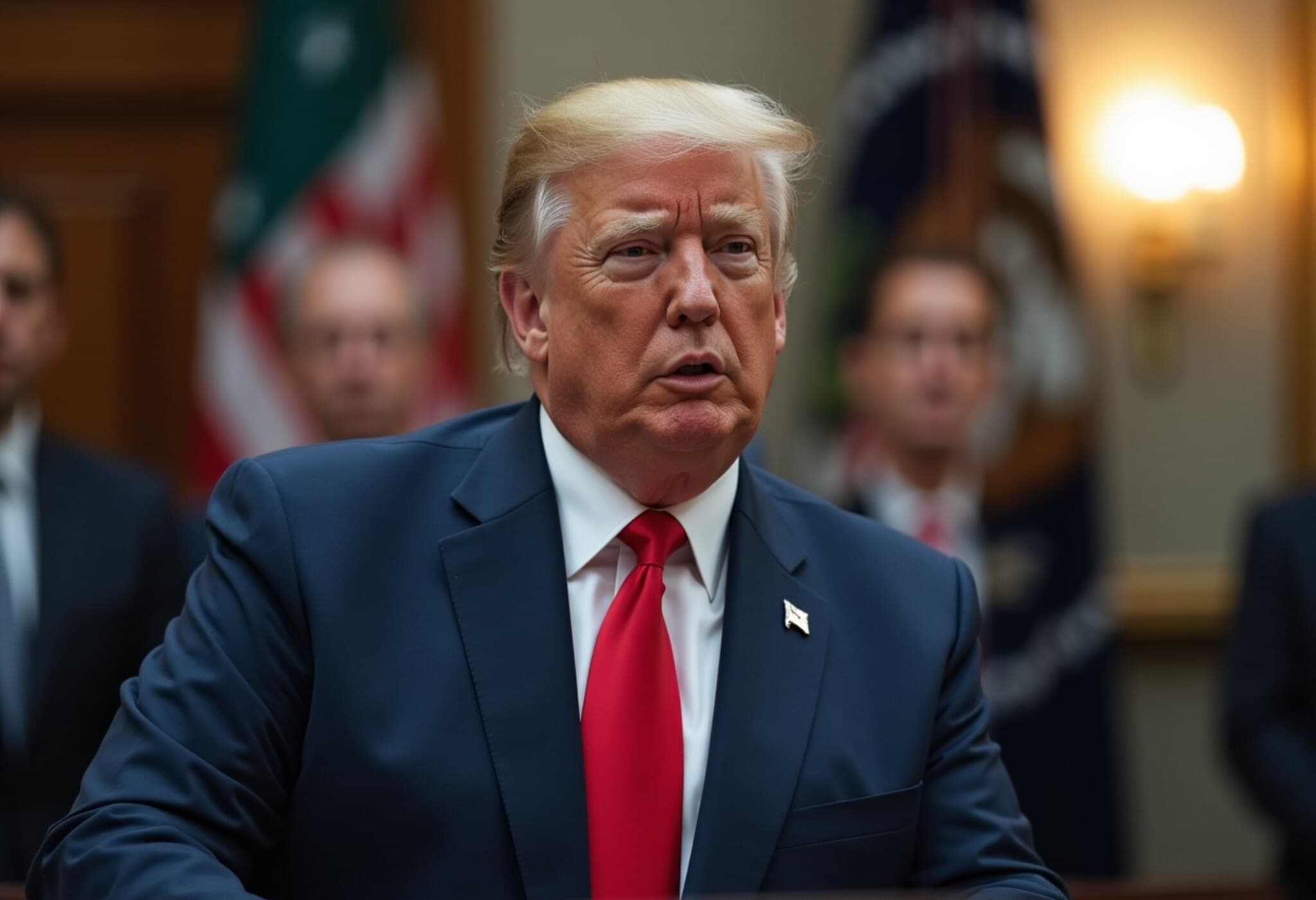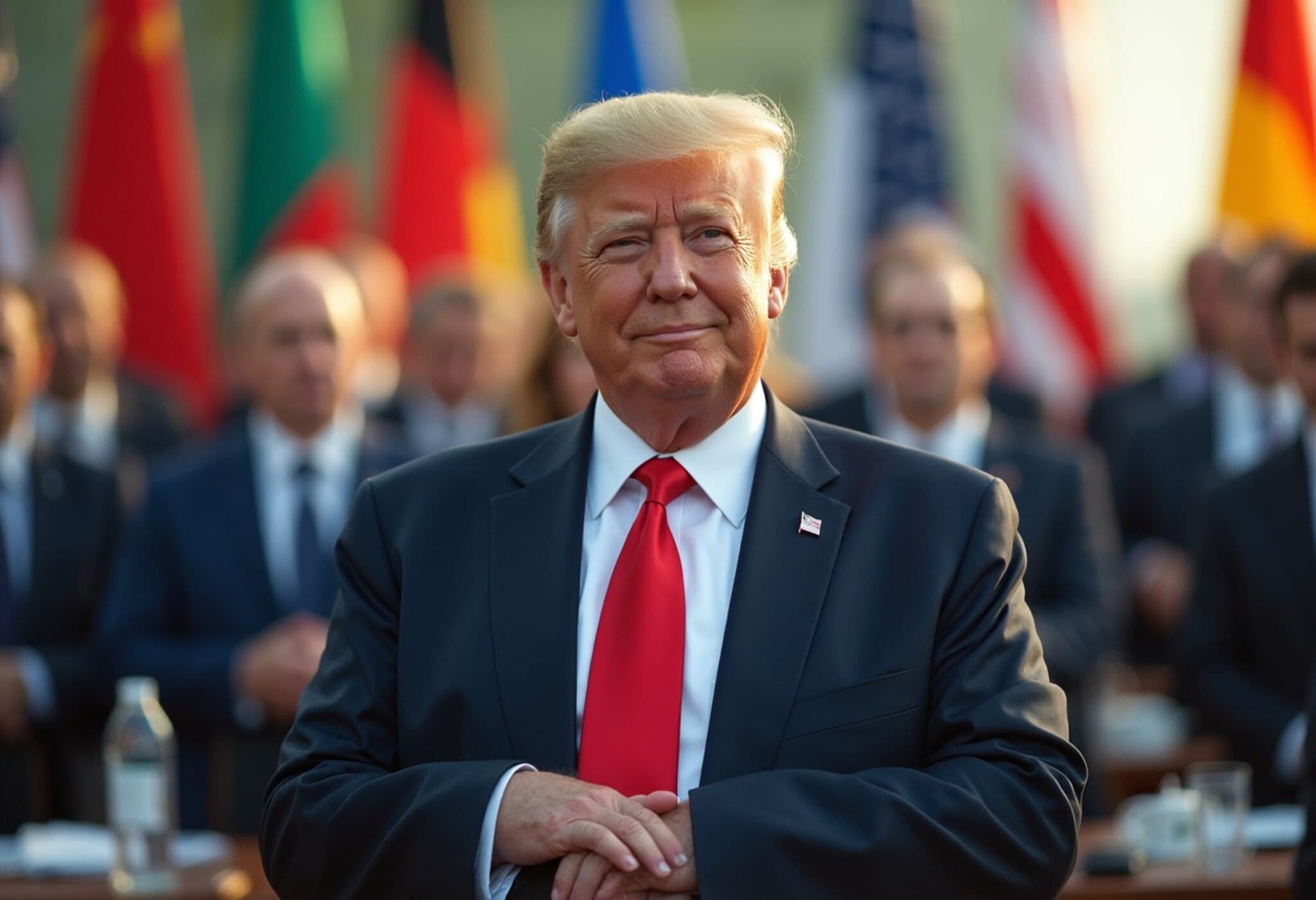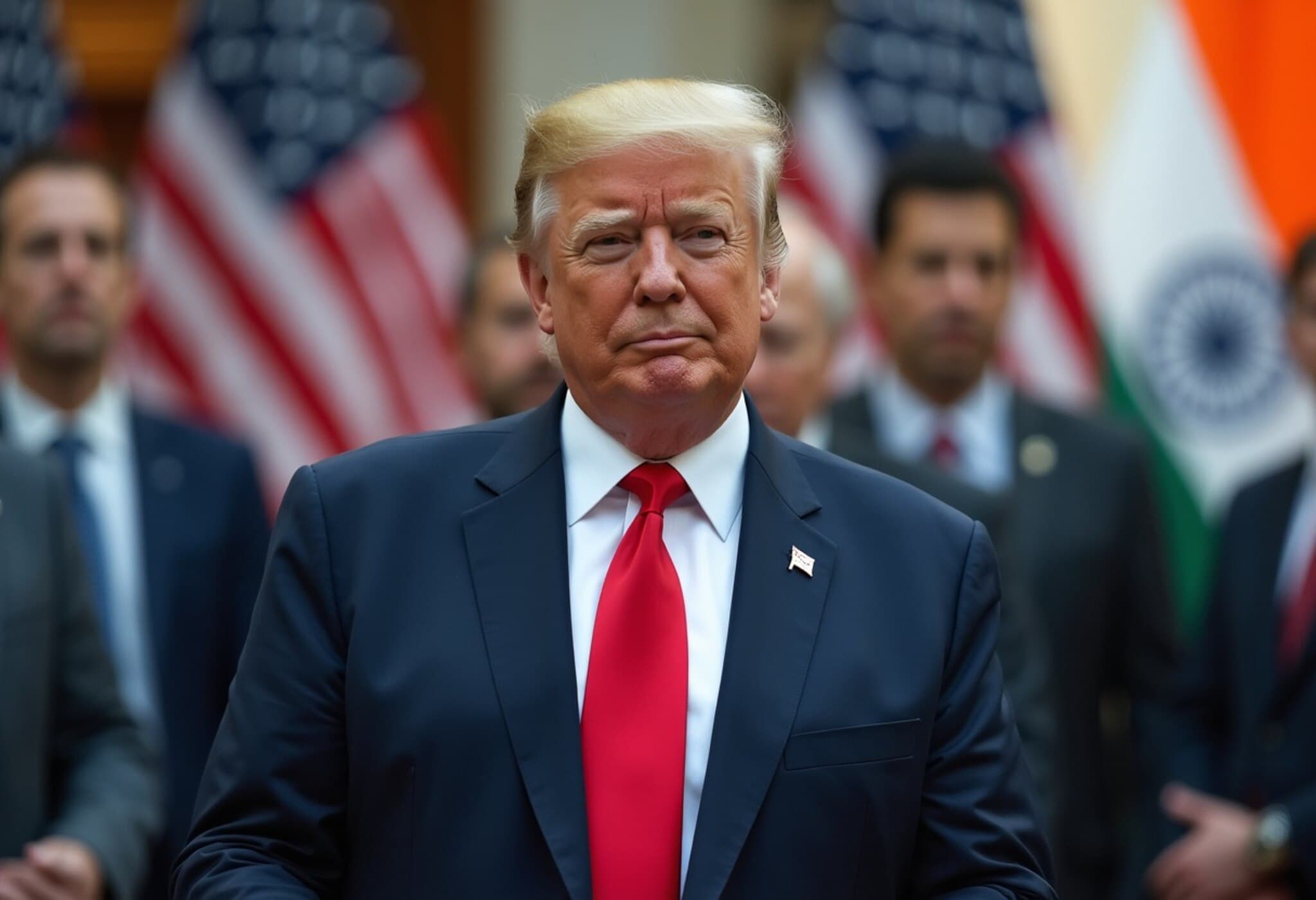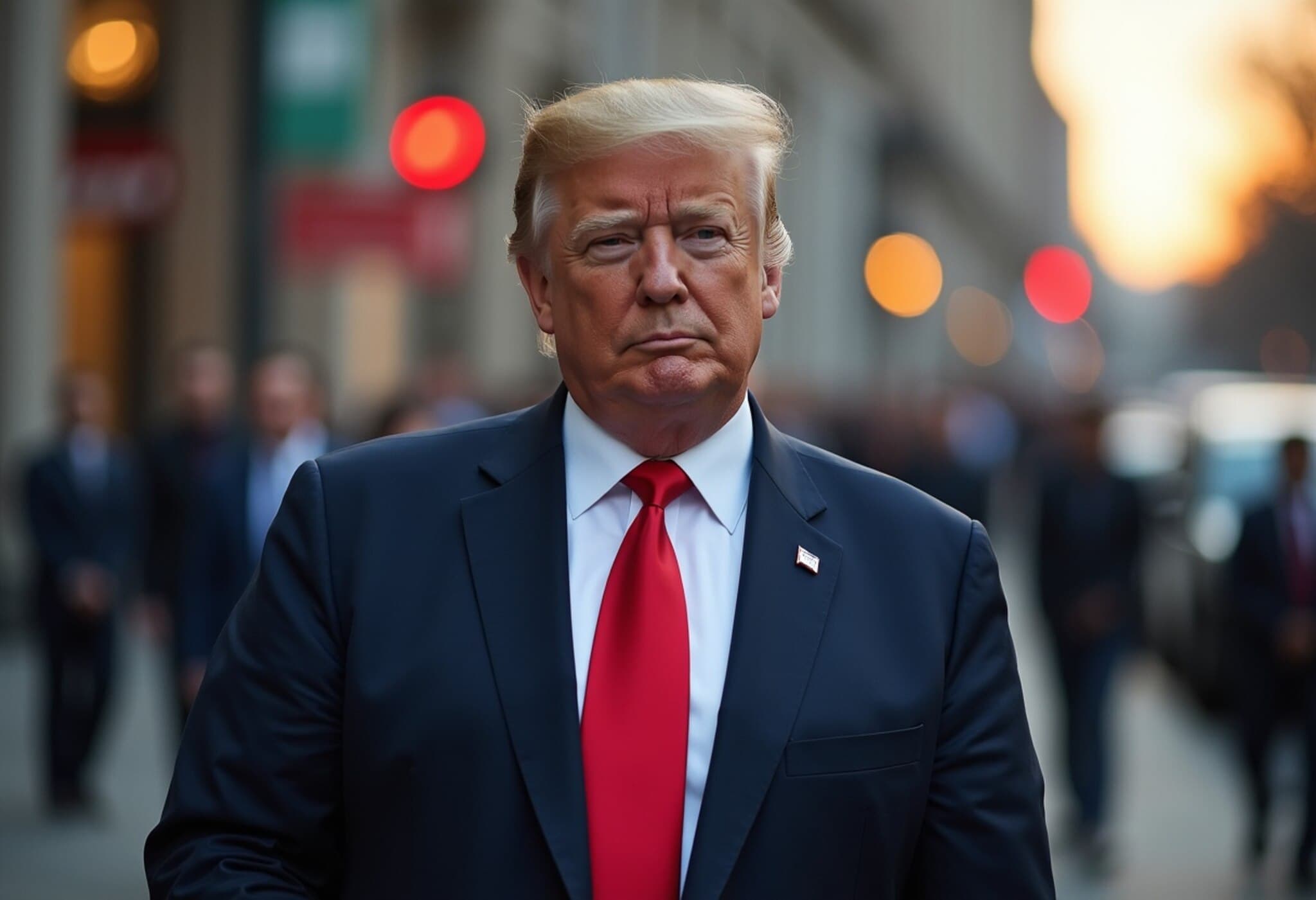Apple Gears Up to Report Third-Quarter Earnings Amid Market Uncertainties
Apple Inc. is poised to release its fiscal third-quarter earnings after market close on Thursday, marking a critical moment for investors and industry watchers alike. Historically, the June quarter is Apple's slowest in terms of sales, serving as a calm before the storm of new product launches anticipated in September that typically ignite Apple's strongest sales surge in the December quarter.
Forecast and Market Expectations
Despite the seasonal lull, analysts expect Apple to report approximately $89.5 billion in revenue, reflecting a modest yet steady 4% year-over-year increase. Earnings per share (EPS) projections stand at about $1.43. Looking ahead, the market anticipates Apple to guide for around 3% growth in the upcoming September quarter, a vital indicator of the company’s ability to sustain momentum amid complex geopolitical challenges.
Clouds on the Horizon: Tariffs and Trade Tensions
One of the most pressing issues on this earnings call will be Apple’s handling of tariffs imposed under the ongoing U.S.-China trade conflicts. Earlier this year, Apple disclosed it absorbed nearly $900 million in additional tariff costs during the June quarter but remained unable to forecast these economic headwinds accurately for future periods.
Investors will be keen to hear CEO Tim Cook’s updated take on tariffs' trajectory and potential impacts on supply chain costs and pricing strategies, especially against the backdrop of President Donald Trump’s firm stance against companies relocating production to sidestep tariffs.
India Manufacturing Pivot: A Strategic Gamble
In a bold move to circumvent tariffs on Chinese imports, Apple committed to manufacturing U.S.-destined iPhones in India—an aggressive step that has stirred political commentary. President Trump expressed dissatisfaction with this production shift post-Apple’s last earnings call, emphasizing desires for American-made goods. Yet, with India poised to implement a 25% tariff imminently, Apple faces a complex balancing act between cost, market access, and geopolitical optics.
This earnings update offers the first direct opportunity for Apple’s leadership to clarify the company’s long-term global manufacturing strategy and its potential ramifications for investors and the American workforce.
Software Innovations and Artificial Intelligence: The Road Ahead
While Apple’s Worldwide Developers Conference in June unveiled significant software improvements across its ecosystem, the absence of major artificial intelligence (AI) breakthroughs disappointed some market analysts. Despite this, many investors and tech experts argue the company’s AI challenges likely will not dent near-term financial results, reflecting Apple’s more measured, iterative approach to innovation.
Bright Spots: Entertainment and Brand Buzz
Adding a fresh layer of optimism, Apple’s original film “F1” recently premiered to acclaim, dominating the global box office. This cultural success story underscores Apple’s growing footprint in entertainment, potentially diversifying revenue streams beyond hardware and services.
What to Watch During the Earnings Call
- Apple’s updated tariff-related cost forecasts and potential impact on product pricing.
- Insight into Apple’s manufacturing adjustments, particularly its India strategy amidst new tariffs.
- Management commentary on innovation pipeline, especially regarding artificial intelligence integration.
- Revenue growth drivers within services and entertainment sectors.
- Market reaction to updated guidance and its implications for Apple’s stock, down 16% year-to-date in 2025.
Expert Insight: Navigating Complexity in a Global Supply Chain
From a policy perspective, Apple’s tug-of-war between tariff exposure and global supply chain realignment illustrates the broader tensions tech giants face amid geopolitical uncertainty. The company’s decisions not only influence investor sentiment but also have ripple effects across international labor markets, trade diplomacy, and innovation ecosystems. How Apple manages these variables may set precedents for other American tech firms grappling with similar pressures.
Editor's Note
As Apple releases its Q3 earnings, the spotlight extends beyond the numbers to the nuanced interplay of trade policy, manufacturing realignment, and technology evolution. This report isn’t just about fiscal performance—it tours the frontline of how global tech companies are adapting to a reshaped world economy. Investors and policymakers alike should watch closely: Apple’s strategies may well foreshadow the next wave of challenges and opportunities in the international tech landscape.









